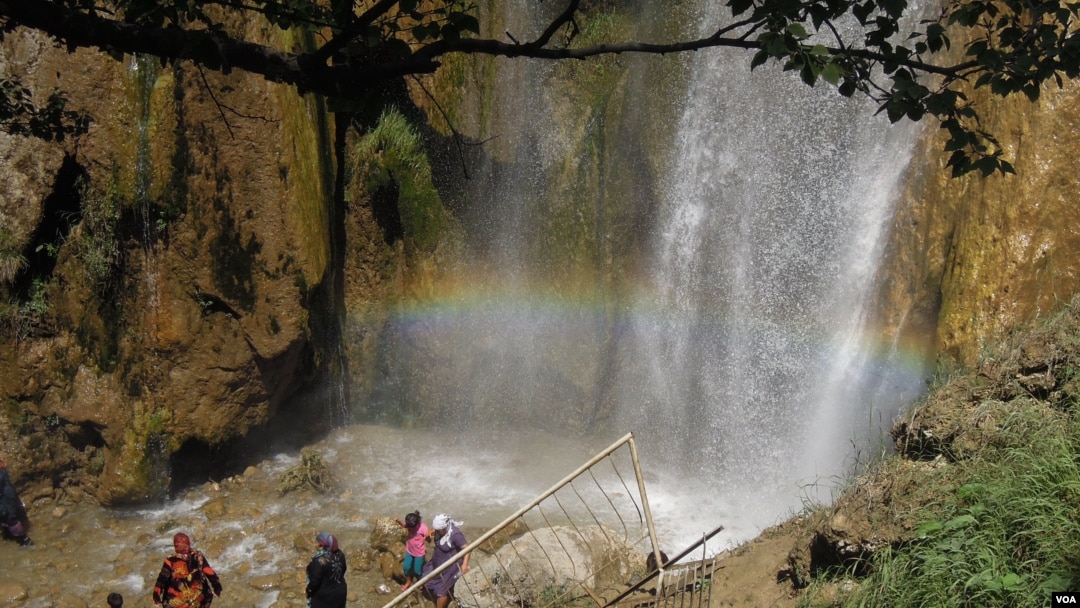As the United Nations Organization gets ready for the Climate Summit in Paris, many in Central Asia are wondering about what measures the region needs to take to fight the effects of global warming. It is getting hotter in Central Asia, glaciers are melting faster than ever before, and the size of the region’s greenery has diminished.
Bakhtiyor Hasanov, who heads the Osh Regional Weather Service, has led many studies on climate in the region.
“Our long-term research shows that the seasons are becoming either too long or too short. The median temperature has risen and we are witnessing a clear imbalance in levels of precipitation,” he says.
Hasanov has also observed increasing drought throughout the region.
“Because the glaciers are melting faster, we are seeing floods in certain periods but then no water is available when it is needed. When we examine satellite images, we see a clear retreat of glaciers.”
Kyrgyzstan is part of the Kyoto Agreement. The government says it is doing everything it can to decrease air pollution and protect the environment.
Hasanov says more needs to be done in terms of adjusting the economy, industry and the population to new climactic conditions.
Biymirza Toktoraliyev, Vice President of Kyrgyz National Academy of Sciences, a renowned environmentalist who holds a Ph.D in Biology, points out several urgent issues such as the loss of many rare animals and plants, the degradation of forests, and soil erosion. He blames peoples’ ignorance about these issues.
Dr. Toktoraliyev hopes that environmentalists in the region will unite and launch the kinds of projects that would improve conditions throughout Central Asia. Currently each country is doing what it wants without properly coordinating or integrating their activities, he says.
“Unfortunately, people who are in charge of various projects and programs often lack expertise, which in itself shows a lack of understanding about the issues. You need real experts to take care of the environment. You need effective governance”.
Experts hope that the Paris Climate Summit will focus on practical solutions and effective methods of fighting global warming rather than empty political promises and vague statements.
The five republics of Central Asia have much to figure out. There are many disputes in terms of cooperation over sharing water resources in the region. The states each blame one another for air pollution and other environmental wrongdoings. None of the countries have transparent and accountable systems for tracking these phenomena and there is not much discussion of the issues, if any.
“The United Nations Development Program has been working in the region for a long time. But what do they really do? We don’t see the results of their work. Recently, when the United States issued a statement about its projects in Kyrgyzstan, we all looked at each other and asked, “Did you know about these things?” Because, we had no idea,” says Dr.Toktoraliyev.


